I am delighted that the theme this year for Mental Health Awareness Week is “Movement and moving more for our mental health”.
Lack of movement impacts on both our physical and mental health and can increase lethargy, anxiety and the risk of depression. It can also impact on the quality of sleep that we get and our overall wellbeing.
When we get moving, we will improve the quality of our lives, and movement is one of the most valuable things that we can do for our overall wellbeing. As human beings we have a basic psychological and physical need to move our bodies and it is helpful that we do this on a regular basis if we want to stay fit and well. This is especially important as we get older.

Why is movement good for our mood?
Movement and exercise can improve our mental health by boosting our cognitive function and exercise has also been found to alleviate symptoms such as low self-esteem and social withdrawal.
Moving about and getting some physical activity can also reduce the levels of the body’s stress hormones, such as adrenaline and cortisol, as well as stimulating the production of endorphins which are our feel-good hormones.
There are so many ways that we can get moving and one of the best ways is to make a conscious effort to move about as much as we can and build good habits.
No matter what our range of movement and ability it is the little things that we incorporate into our everyday life that will make all the difference. A gentle stretch first thing in the morning, taking the stairs instead of the lift, making sure we get more regular breaks from our desks or doing some chair exercises or squats whilst we watch TV can all have a positive impact.

So here are a few more suggestions of ways we can incorporate movement and activity into our everyday lives and get moving.
1. Get stretching
Stretching is an excellent mood-boosting activity and stretching in the morning helps increase our blood flow and prepares our bodies for the day ahead. When we find ourselves sitting in one place for a prolonged period it is good to get into the habit of standing up every thirty minutes and stretching.
Regular stretching helps keep our muscles flexible, strong and healthy, and we need that flexibility to maintain a range of motion in our joints. Even if we only do it for a few minutes, it will make us feel great and can be uplifting and energising.

2. Get walking
Walking is highly beneficial for our mental health and overall mood, and setting ourselves a daily step goal by tracking our steps is a great way to stay motivated.
Here are a few ways to get those extra steps in:
- Make sure you get outside every day, no matter what the weather
- Use lunch breaks to go for an energising stroll
- Walk to the shops rather than take the car Use the stairs instead of the lift or escalator
- Join a walking group or get a walking buddy
- Get a dog or volunteer to walk someone else’s
- Have a walking work meeting rather than sit at a computer Jog on the spot throughout the day
- Listen to podcasts and audiobooks when walking
- Aim to walk 10,000 steps a day which is roughly equivalent to walking 5 miles or 8 kilometres and is a great goal to strive for if we are measuring our steps.
3. Get into dancing
Dancing is a great way to get moving and let go of tension and stress. It helps us to physically express ourselves and when we feel free, our bodies release happy hormones like dopamine. This hormone helps lift our mood and can reduce anxiety and depression.
Dancing can also significantly improve our strength and flexibility, aerobic power, lower body muscle endurance, balance and agility. Dance is also a great vehicle for social connection and bringing people together in a joyful way and there are lots of different dance classes available. Also, putting on some of our favourite music and dancing about for a few minutes can be a great energiser and stress reliever.

4. Get into sport
Getting moving by participating in a sport can be a thoroughly enjoyable way to stay active, challenge ourselves and build connections with other people. Team sports, in particular, can provide opportunities to develop useful life skills including effective communication, teamwork and collaboration. Many sports cater for people with various abilities and is a really inclusive and collaborative way to get moving.
According to the World Sports Encyclopaedia, there are 8,000 indigenous sports and sporting games played worldwide so there are lots to choose from! Even if we don’t want to actually participate in a sport, we can join in as a supportive spectator. This will get us moving about and clapping and cheering, which will stimulate our senses and lift our mood.
5. Get into rebounding
During lockdown I invested in a rebounder and I absolutely love it!
Rebounding is a type of elastically leveraged low-impact exercise and usually takes place on a rebounder which is a mini trampoline. Rebounding can revitalise the whole body in minutes by stimulating circulation and boosting oxygen levels.The act of rebounding works every muscle and is a total body workout which improves our muscle-to- fat ratio.
Jumping boosts our metabolism and improves our resting metabolic rate so we can burn calories long after our workout. Rebounding is gaining popularity because it is gentle on the joints and helps us to work our cardiovascular systems without taxing our bodies too much.

6. Get into gardening
Gardening is a wonderful experience that exposes us directly to the work of nature as we watch the natural world flourish. It has also been proven to improve mood, manage feelings of anxiety and depression as well as reduce stress levels.
Gardening is also a great way to get fit with digging and shovelling coming top of the list for burning the most calories and mowing and weeding not too far behind. Even if we don’t have our own garden there are plenty of opportunities in the wider community to get involved by volunteering, supporting an elderly neighbour or applying for an allotment.

7. Get into housework
Housework is more than just cleaning because it involves mobility and stretching. Any physical movements carried out during housework, such as lifting, bending, squatting and reaching overhead, are all movements we may well perform during a strength training workout. Activities like vacuuming, scrubbing and lifting all require energy and when we are focused on a particular household task we may not even notice that we are exercising.
According to various experts, about an hour of intensive cleaning could be roughly equivalent to a 20-minute low-impact workout. Also, the physical activity of cleaning combined with the result of a cleaner home can be great for our mental health as it helps to reduce stress and provides us with a sense of achievement.

Summary
When we get moving we will feel so much better about ourselves and this will have a big impact on our mental health and overall wellbeing. Physical activity is a primary drive for us as human beings and movement is essential for thriving in life.
Trying to do too much too soon can be overwhelming and disheartening. It is better to make small adjustments such as consciously increasing our daily steps or active minutes and build up gradually. Making incidental movement part of our daily routine and reminding ourselves and each other to move about whenever we get the opportunity is a great place to begin.
Get healthy, get happy, get moving!
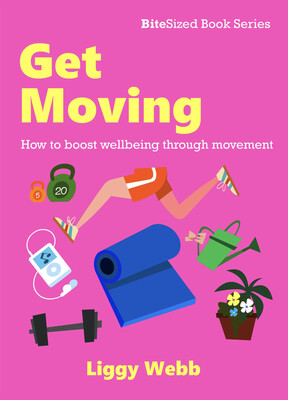
Save 25% on the list price for the bite-sized paperback book “Get Moving”.
Enter the code SAVE25 at the checkout.
For updates for future blogs, free webinars and various other useful resources please do join my newsletter.

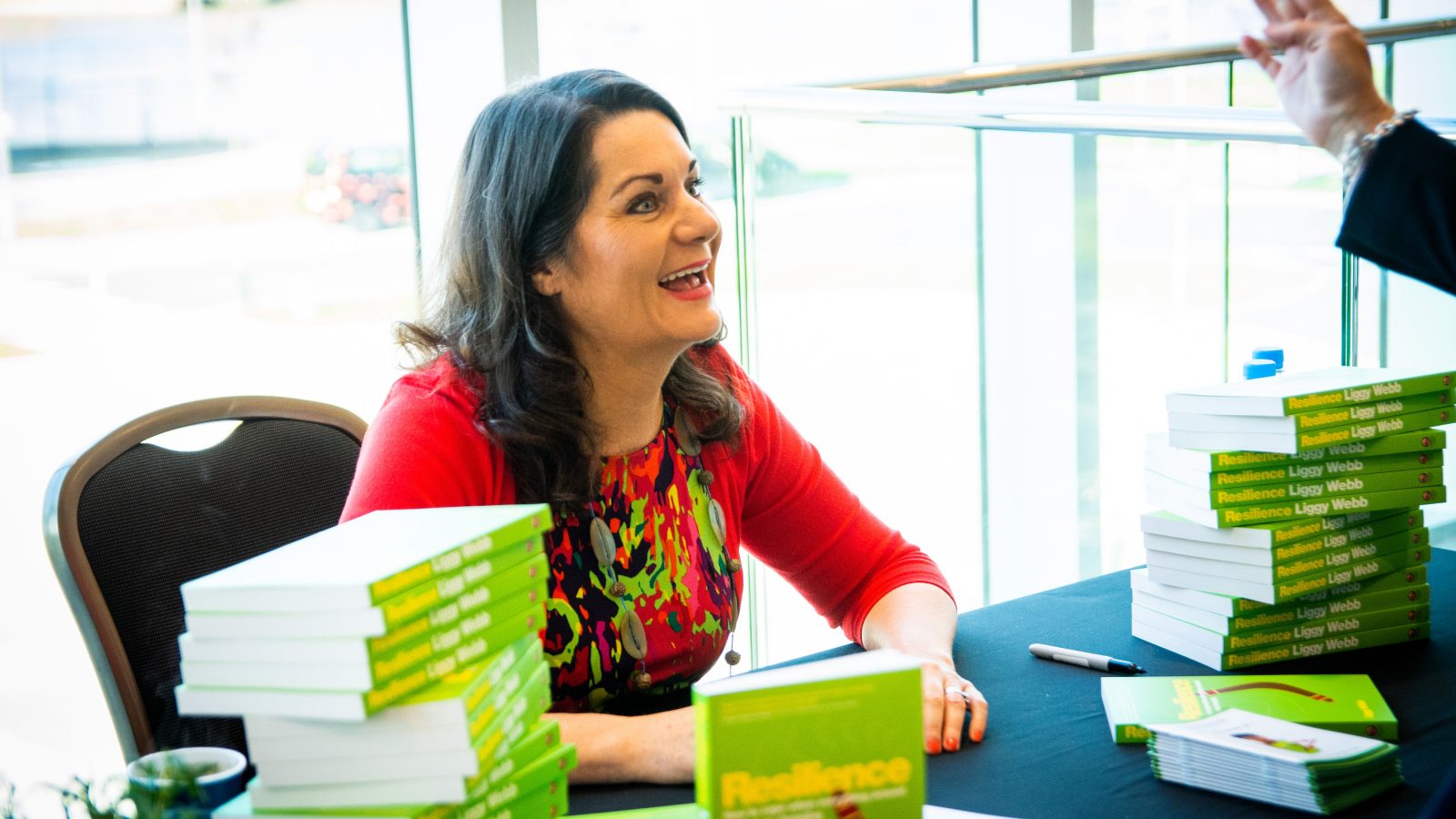
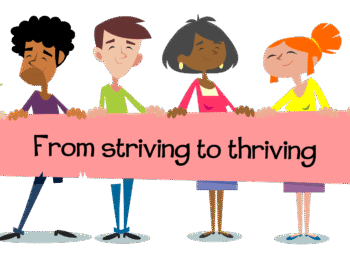






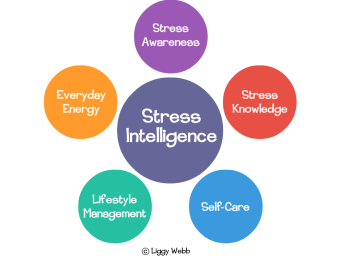

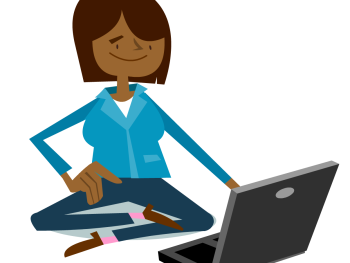
 How to manage stress and reduce anxiety
How to manage stress and reduce anxiety


